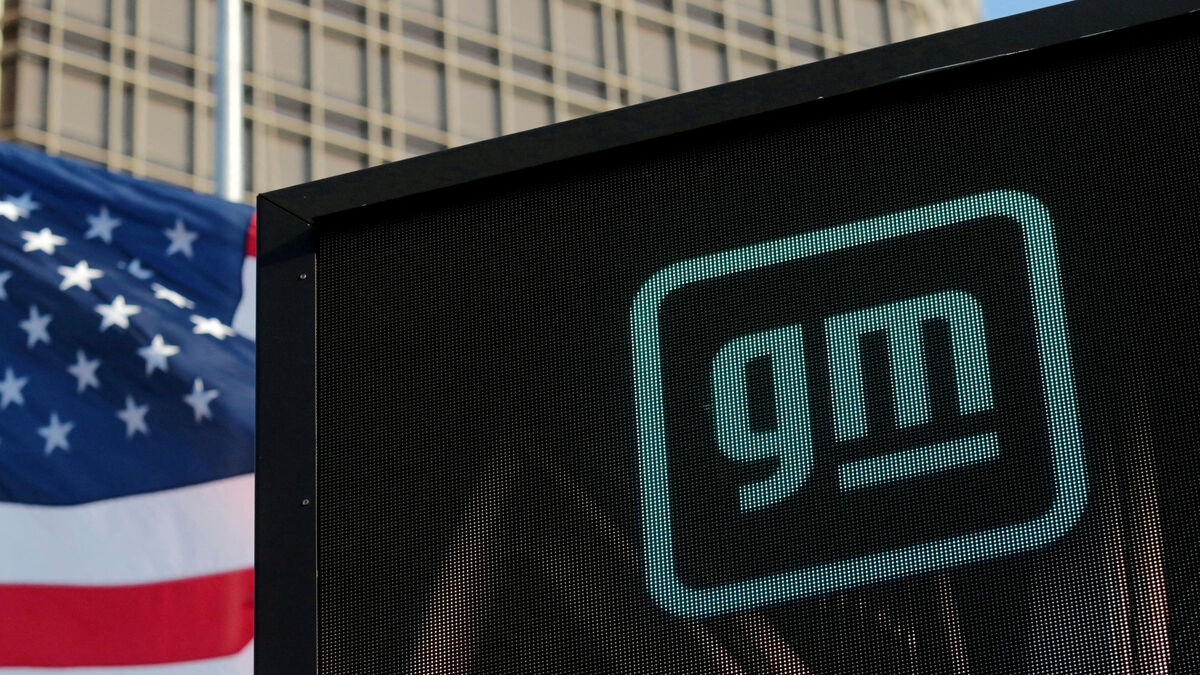What will change with the new rules on stricter bank overdraft regulations?
An order will come into force in November 2026, transposing a 2023 European directive, which will bring bank overdrafts under the consumer credit regime. Le Figaro explains what this regulation will change in concrete terms.
This is a change that will affect millions of French people. The rules regarding bank overdrafts are about to be tightened, as reported by the financial news site MoneyVox and confirmed by the Bank of France to Le Figaro . This is the result of a European directive, dating from October 2023 and transposed into French law on September 3rd by an ordinance adopted by the Council of Ministers . "This European directive aims to ensure better protection for borrowers, a reduction in the risk of over-indebtedness, and greater harmonization of the standards applicable within the European consumer credit market," states the government report .
The legislation further regulates advertising for consumer credit and strengthens the information available to consumers considering taking out loans. It also regulates microloans and installment payments , which are considered to encourage over-indebtedness. Most importantly, with this legislation, "overdraft facilities and bank overdrafts fall under the category of consumer credit," the Bank of France told Le Figaro . "Currently, overdraft facilities and bank overdrafts are considered credit, but they are subject to different requirements depending on their repayment period."
Skip the adIn concrete terms, pre-contractual information will be strengthened. " The customer must receive a clear presentation of the costs, the APR (Annual Percentage Rate), and the repayment terms," explains the Bank of France . Up to €200, the procedure remains straightforward. Above that amount, the bank will have to authorize the overdraft, whereas previously it was automatically granted. The bank will thus have to "assess the customer's creditworthiness to ensure they are able to repay," the Bank of France specifies. It will even have to consult the credit incident database, according to MoneyVox . This ordinance is scheduled to come into effect on November 20, 2026. Overdraft authorizations granted before this date are "not affected by the new regulations," the Bank of France indicates .
“There will be fewer easy, natural, almost automatic authorizations,” Jérôme Lasserre Capdeville, lecturer at the University of Strasbourg and author of the book *Consumer Credit Law*, told our colleagues at MoneyVox. “ Overdrafts will then lose this somewhat universal aspect. Customers will have to make an explicit request, and each time, the bank will have to consider whether to grant it.” While the consequences are limited for wealthier individuals, because “the supporting documents will be solid,” the expert notes, the consequences will be more significant for those with lower incomes. Indeed, when granting credit, advisors tend to verify that fixed monthly expenses (rent, bills, etc.) do not exceed 30% of net salary. “Even for someone earning €2,000, an overdraft of €1,000, or even €500, could be impossible to obtain,” explains Jérôme Lasserre Capdeville. This could shake up the habits of the French, given that already "45% of French people find themselves overdrawn at least once a year, with an average overdraft of 223 euros", according to a study by UFC-Que Choisir published in April 2025.
lefigaro





